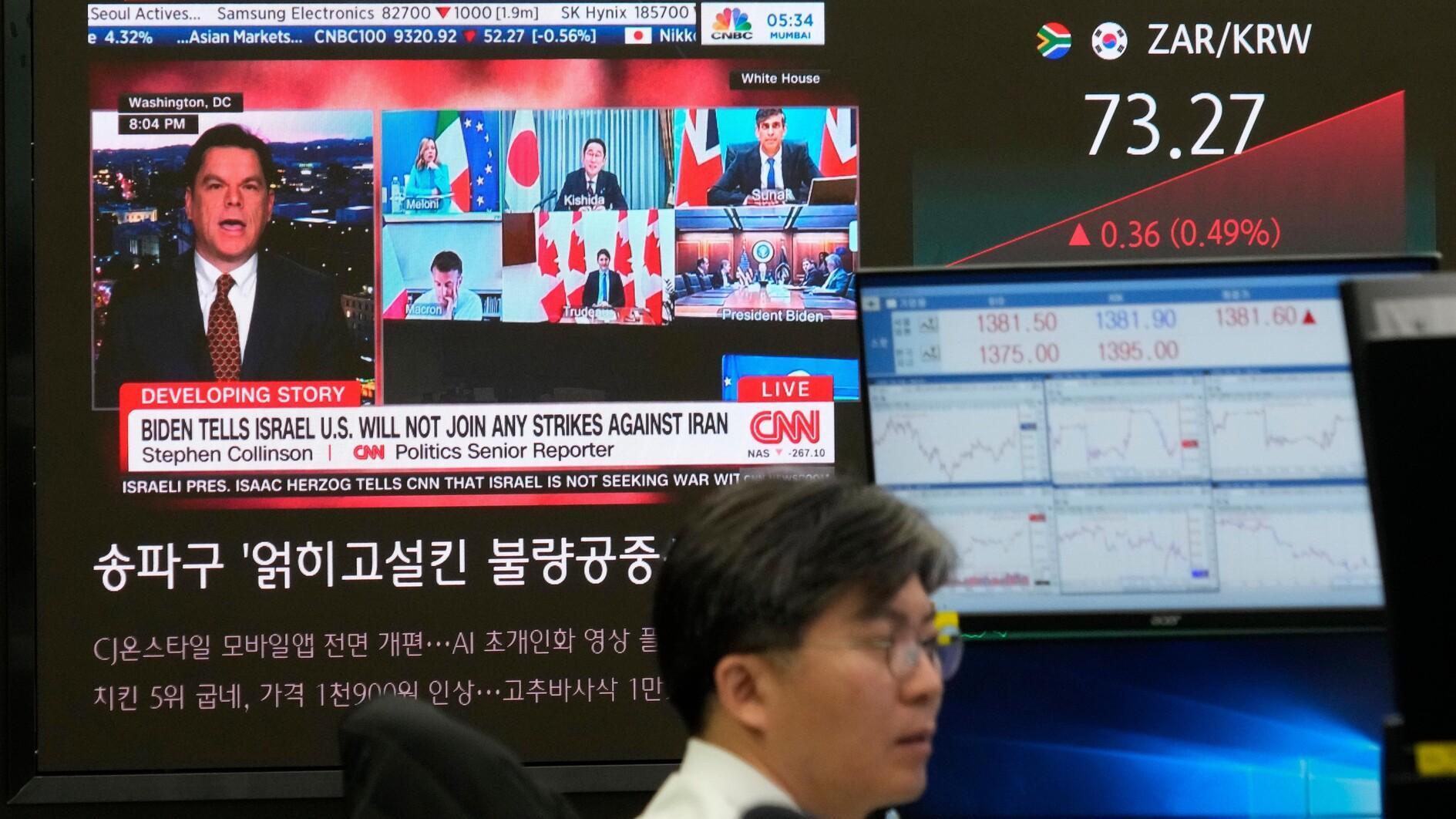President is now the only boss of Turkey’s intelligence agency too
The government extended the powers of the National Intelligence Agency (MİT) and linked it directly to President Tayyip Erdoğan with a new state of emergency decree issued on Aug. 25. The MİT undersecretary (the chief of the agency) previously reported directly to the prime minister, but will now report only to the president. He will only report to other state agencies upon the order of the president.
The opposition parties - the social democratic main opposition Republican People’s Party (CHP) and the Kurdish problem-focused Peoples’ Democratic Party (HDP) - have strongly reacted against the move, saying the government was bypassing parliament by changing a law with a decree, especially about a sensitive security matter. “The MİT is finished. This is turning into the regime of Abdulhamid,” CHP Deputy Chair Levent Gök said, referring to the police state-like implementations of the Ottoman sultan who reigned from 1876 to 1909.
Prime Minister Binali Yıldırım of the ruling Justice and Development Party (AK Parti) denied claims that the move shows that the president has no trust in him any longer. He said it was simply an administrative step in harmony with the narrow April 16 constitutional referendum win, in which all executive powers were concentrated in presidential hands.
According to the latest decree, the National Intelligence Coordination Board (MİKK), which is chaired by the MİT chief every three months, will henceforth be chaired by President Erdoğan himself. The MİT will also be given authority to collect intelligence in the military and all ministries, which sounds like a measure designed after the foiled military coup attempt of July 15, 2016. Meanwhile, the budget of intelligence operations will be consolidated with the budget of the presidency, which is already partly covert.
The MİT law had stated that the undersecretary is appointed by the president after being consulted in the National Security Board (MGK) and recommended by the prime minister. This necessity has been changed in the new decree, with the addition of the phrase “appointed by the president.”
In addition, the president will also be able to appoint all deputy undersecretaries and department directors of the intelligence agency personally, and will decide whether courts or parliamentary commissions will be able to summon the MİT undersecretary and subordinates - including former ones - as suspects or witness.
Another change brought about by the decree law is that anyone who reveals the names, positions or addresses of MİT employees and their families could face trial and be jailed for between three and seven years.
This whole outlook shows that President Erdoğan sees the MİT, which is by its nature not transparent or fully accountable, as a major tool in the establishment of the new executive presidential system - with both foreign and domestic security dimensions.











